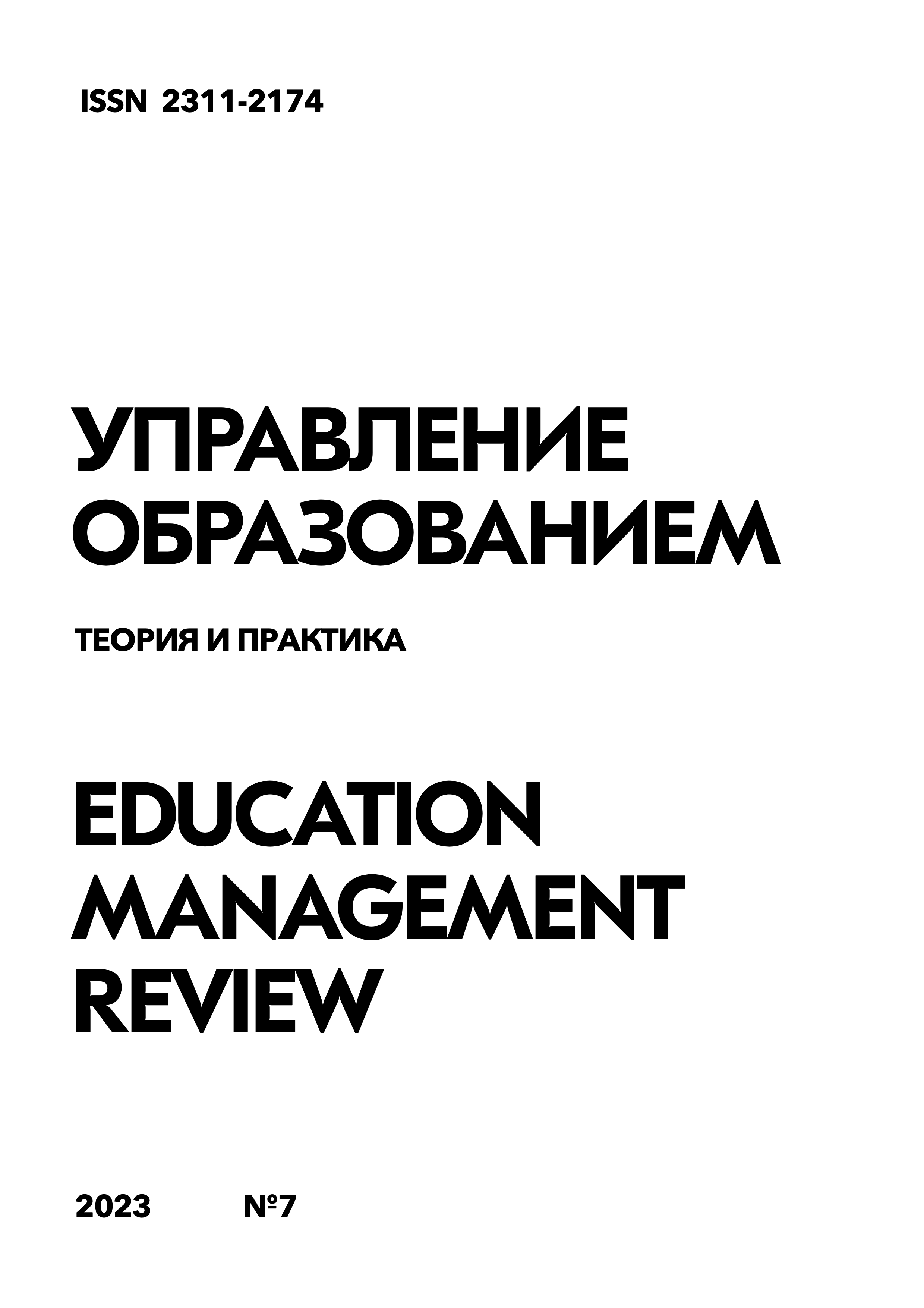Implementation of an interactive component in the process of practice-oriented teaching of humanities
DOI:
https://doi.org/10.25726/z2237-5269-6534-kKeywords:
teaching methods, pedagogy, literature, creative tasks, project technology, critical thinking, active dialogue, pedagogical rhetoric, interactive classes, team games, didactic games, practice orientation, competitivenessAbstract
Modern educational requirements make practice-oriented training a priority in obtaining both higher and secondary vocational education. In our opinion, in the process of mastering the humanities, this task can be realized as fully as possible, which is undoubtedly facilitated by the creative component present in these disciplines. Moreover, the training session should be distinguished by the use of activity-based methods and teaching techniques, such as educational discussion, dialogue, business and role-playing games, open questions, etc., which contributes to the qualitative involvement of all participants in the process of the lesson, the emergence of healthy competition in the team, filling in the gaps that have arisen in the mosaic of knowledge of each individual student. Therefore, we took as an example the active and interactive classes conducted in the humanities "Literature" and "Pedagogical Rhetoric". The work was carried out with students with various specialties, and with future specialists of both higher and middle management, but the implementation of practical orientation through the use of an active and interactive component was obvious. The authors propose tasks involving the immersion of students in specific situations that they may encounter in their future professional activities or tasks that focus on the realities and concepts important for a particular specialty.
References
Бехтерев В.М. Вопросы общественного воспитания. М.: Типо-лит. т-ва И.Н. Кушнерев и К°, 1910. 41 с. https://slavclub.ru/psychology/vospitanie-rebenka/808-v.-m.-bekhterevvoprosy-obshhestvennogo.html
Демиденко Т.Г., Федорова Е.Л. Методика проведения проекта-семинара по рассказам Чехова А.П. // Управление образованием: теория и практика. 2022. № 12(58). С. 163-170. DOI 10.25726/w6929-7333-8802-p.
Демиденко, Т.Г., Шумкова В.А. Развитие эмоционального интеллекта как важная составляющая профессиональной подготовки медицинского работника // Педагогика и медицина в служении человеку: Материалы VII Всероссийской научно-практической конференции, Красноярск, 02– 03 декабря 2020 года. Красноярск: Красноярский государственный медицинский университет им. проф. В.Ф. Войно-Ясенецкого, 2020. С. 154-160.
Левченко В.В., Пеньковская И.И., Ушакова Е.В., Чистякова Н.А. Методика развития конкурентоспособности и практикоориентированности студентов вуза в процессе освоения гуманитарных дисциплин // Вопросы истории. 2023. № 4-2. С. 262-273. DOI 10.31166/VoprosyIstorii202304Statyi50.
Тонких А.П. Проектная деятельность и формирование общекультурных и профессиональных компетенций будущего учителя начальных классов // Начальная школа плюс До и После. 2013. № 8. С. 33-37.
Шевелев И.Н. Афоризмы, мысли, эмоции: Кн. Жизни. М.: Гуманитар. изд. центр ВЛАДОС, 1997. 381 с.




